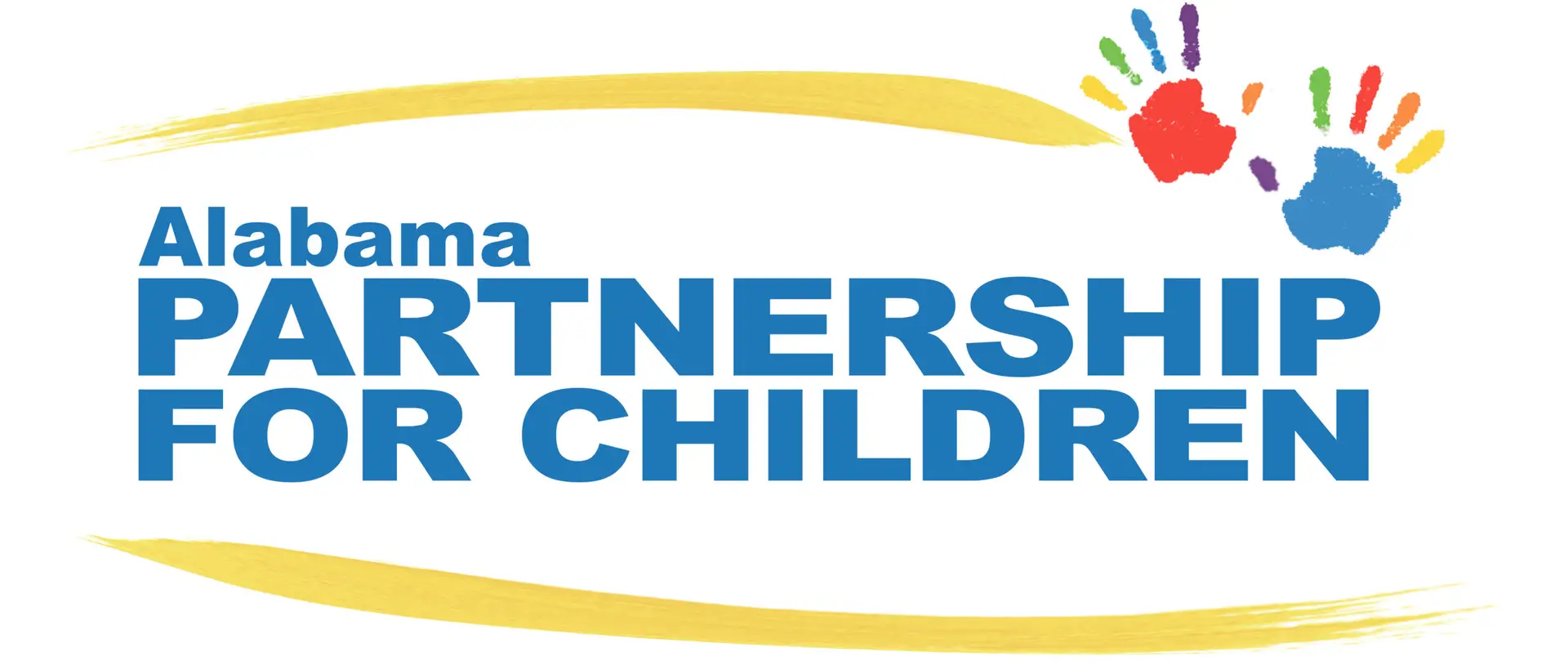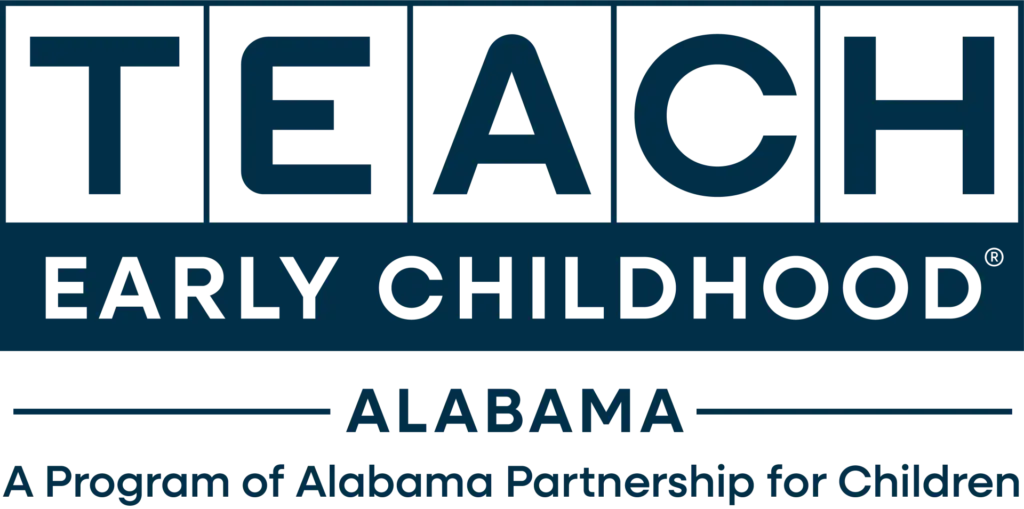Alabama Healthy Kids, Healthy Future
Alabama Healthy Kids, Healthy Future is a health promotion program within the Alabama Partnership for Children with the mission to support and encourage early childhood educators, families, and children to make healthy changes in ECE policies, practices, and environments through education, technical assistance, and collaboration.
In the state of Alabama, the rate of obesity in 2023 was 39%, among the highest in the United States (CDC, 2023). While obesity has many causes, quality nutrition and physical activity can reduce the risk of developing chronic health conditions later in life. Establishing healthy habits in early childhood can make a lasting impact.
What is Child Health & Wellness?
The APC understands the importance of health and wellness in early childhood and continuously works with partners on implementing statewide obesity prevention strategies. Recent efforts of the APC include facilitating the Early Care and Education Learning Collaborative (ECELC), participating in Healthy Child Care, Healthy Communities, and taking part in the Nemours Healthy Kids Healthy Future Technical Assistance Program.
Learn more about obesity prevention strategies in early care and education settings.
The APC is a strong supporter of the Child and Adult Care Food Program (CACFP) and recognizes the importance of full utilization of the program in Alabama amongst Early Care and Education providers. The APC sees CACFP as a necessary tool to combat child hunger and food insecurity, especially for our youngest and most vulnerable population. We know that child care providers have a powerful impact on children ages zero to five in helping them develop healthy eating habits, and participation in CACFP places ECE programs in a better position to create healthier eating environments and menus.
Child Nutrition
Nutrition affects the health of young children in many ways. Developing healthy eating habits and creating healthy environments for young children impacts their relationship with food for the rest of their lives. Eating a variety of nutritious foods helps children grow and develop.
The APC is a strong supporter of the Child and Adult Care Food Program (CACFP) and recognizes the importance of full utilization of the program in Alabama amongst Early Care and Education providers. The APC sees CACFP as a necessary tool to combat child hunger and food insecurity, especially for our youngest and most vulnerable population. We know that child care providers have a powerful impact on children ages zero to five in helping them develop healthy eating habits, and participation in CACFP places ECE programs in a better position to create healthier eating environments and menus.
Physical Activity
Physical activity helps children build confidence, develop motor skills, and build strength. Being active gives children the practice needed to achieve milestones of motor development. Physical activity also has other physical, mental, and emotional benefits, helping children build the skills that they will use throughout their life.
PALS (Physical Activity Learning Sessions) is an out-of-the-box training for early care and education providers on physical activity best practices. Child care professionals learn strategies for implementing best practices in a sustainable way, including action planning and goal setting.
This training series promotes interpersonal skills and is often presented in an in-person setting, allowing child care professionals to have rich discussions and take part in interactive activities throughout the training series.
Over 150 child care providers in Alabama have attended a PALS training. Learn more.
Alabama Breastfeeding Friendly Child Care Initiative
The Alabama Breastfeeding Friendly Child Care Certification, offered through Alabama Healthy Kids, Healthy Future in partnership with the Alabama Breastfeeding Committee and the Alabama Department of Public Health, supports child care providers in creating environments that promote and sustain breastfeeding practices. This initiative helps pave the way for healthier futures for Alabama’s children and families.
Farm to Early Care and Education
Farm to Early Care and Education helps to increase access to local foods, garden experiences, and food and farming education for child care programs across Alabama.
Through the Alabama Farm to ECE Coalition, we empower child care providers to successfully source healthy local foods, build gardens, and offer food and agriculture activities that enrich the quality of early learning experiences for children and support the Alabama food economy.
Learn more about the program at the Alabama Farm to ECE Website.
Seventy-six child care programs and 29 Head Start programs have taken part in a Farm to ECE Learning Collaborative, where they have had the opportunity to receive professional development trainings and implementation funds to start gardening, farming, and nutrition education activities.
Screen Time
While technology can play an important role in our lives, it is vital to limit the amount of time children use it for their health and development. Children that spend less time in front of screens spend more time with their family, do better in school, sleep better, and are more active.
Learn more about evidence-based practices for screen time in child care settings.
Outdoor Play & Learning
Outdoor learning environments are beneficial for the development of young children, supporting the physical, social, and emotional development of young children. Today’s children and families may have limited opportunities to connect with the outdoor environment – early childhood educators can play a large role in providing these opportunities to young children! AL Healthy Kids Healthy Future promotes the development of formal outdoor learning environments in child care center, child care homes, and pre-K classrooms through professional development opportunities and technical assistance.
Learn more about outdoor learning environments.
Check out this video from our 2024 Active Play Summit to learn more about our training opportunities!
Child Health & Wellness Resources:
Click on resource picture to download PDF
More Resources
Resource Links by Topic:
Physical Activity
Best Practices for Physical Activity
Inclusive Games for Early Childhood Education
Breastfeeding
Nutrition
Child and Adult Care Food Program
Farm to ECE
National Farm to School Network
Screen Time
Media and Children Communications Toolkit
Staff Wellness











